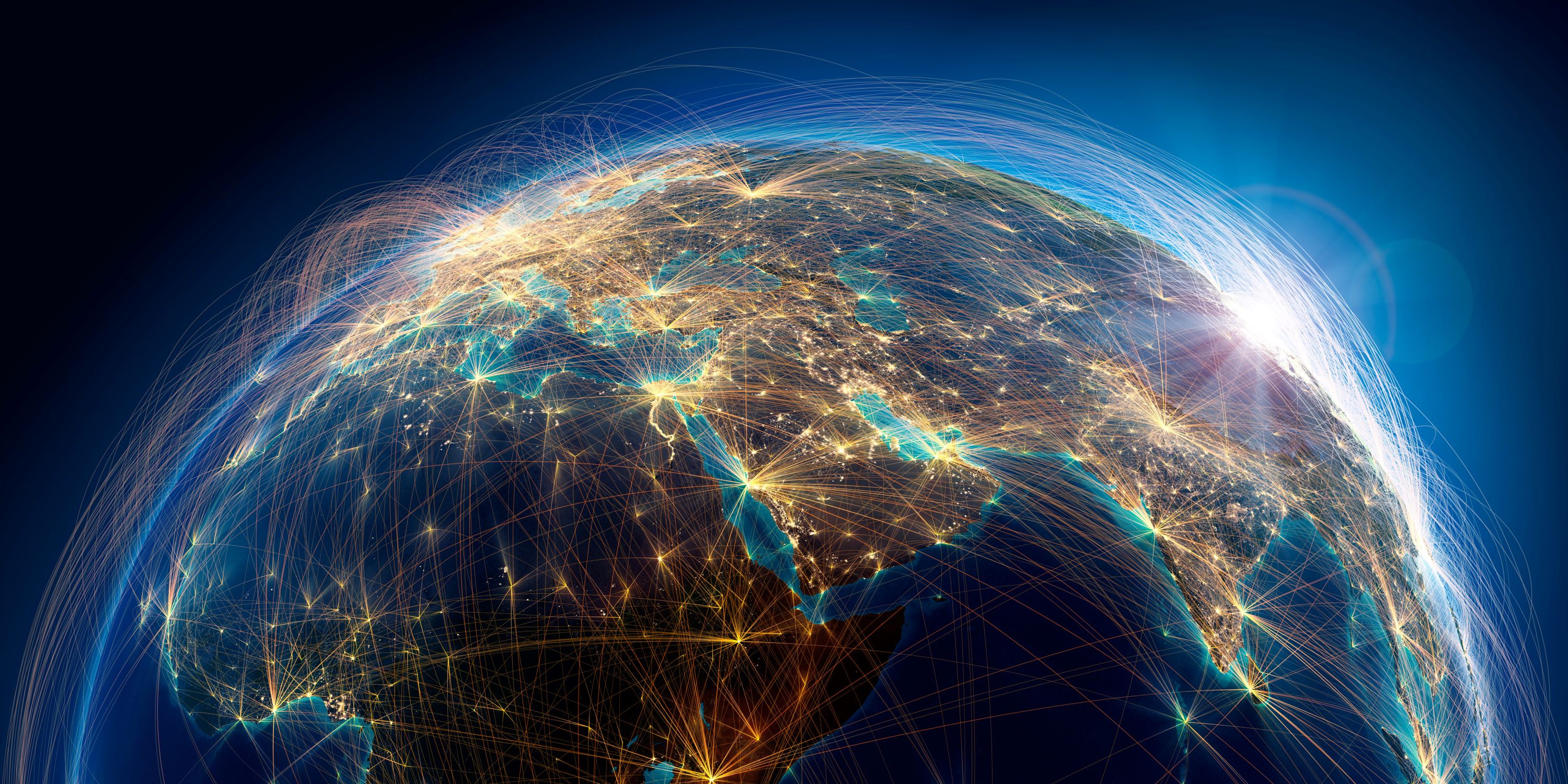
The IOE&IT Daily Update adds a new section to its regular coverage of international regions, with our very first round-up of Middle Eastern trade news. This edition covers the announcement of a new economic corridor that runs through the heart of the Arabic peninsula, an increasing of diplomatic pressure on the United Arab Emirates (UAE) and a pair of Israeli trade deals.
Deal in the offing
Saudi Arabia and UAE are two of the nations involved in a project that could reshape trade routes across the world.
Unveiled at the G20 on Saturday (9 September) by India, the EU, US and several other partner countries, the corridor is a rail and infrastructure project that would link India and various Middle Eastern countries together by a network of railways and seaports.
Dubbed the ‘India-Middle East-Europe economic corridor’, it has been hailed as a “game-changer” by US president Biden.
Indian prime minister Narendra Modi said the corridor would be a “a beacon of cooperation, innovation, and shared progress”.
European Commission (EC) president Ursula von der Leyen said that the project was “much more than ‘just’ a railway or a cable, it is a green and digital bridge across continents and civilisations.”
Axios reports that the deal is one of the major parts of Biden’s attempts to counter China’s Belt and Road Initiative, another being a so-called ‘mega-deal’ with Saudi Arabia in the offing.
Pressure on the UAE
The EU has increased pressure on the UAE to step up its sanctions enforcement against Russia.
Bloomberg reports that the EC’s von der Leyen broached the subject with UAE president Sheikh Mohammed bin Zayed during her visit to Abu Dhabi on Thursday (7 September).
US and UK officials are said to be stepping up their own efforts to encourage the Middle Eastern country to halt its Russian trade.
The UAE has said it complies with all requirements, but has not sanctioned Russia.
Officials are said to be keen to avoid the UAE being used as a conduit through which sanctioned goods could travel.
Israel and Bahrain
Israel and Bahrain have signed a trade agreement, aiming to deepen fintech ties, as Israel looks to continue to expand its financial and diplomatic connections with previously off-limits Arabic countries.
The Times of Israel reports that Israeli foreign minister Eli Cohen signed the deal during his visit to Bahrain last week.
The so-called Abraham Accords normalised relations between Israel, the UAE and Bahrain in 2020. Morocco and Sudan re-established ties shortly afterwards, and talks with Saudi Arabia are said to be ongoing.
Reuters reports that trade between Israel and the UAE surpassed $2.5bn in 2022 and hit $1.85bn in the first seven months of 2023.
Energy exports from Israel
Israel is also reportedly involved in discussions with another important Middle Eastern nation that could boost its energy exports to Europe.
Last Sunday (3 September), Turkish energy minister Alparslan Bayraktar posted on Twitter/X that he had a “productive phone call” with Israeli counterpart Israel Katz, where the two discussed “opportunities for bilateral and regional energy cooperation, including natural gas”.
Bloomberg notes that there are still diplomatic issues between both countries, but that the energy deal could lead to a wider rapprochement.
Israeli prime minister Benjamin Netanyahu is also reported to be inching towards a decision on whether to send gas through a pipeline in Cyprus and Greece, with both governments there putting pressure on the PM to come to a deal.
Chips off the menu
The US has restricted exports of Nvidia AI chips to certain Middle Eastern states, citing security concerns.
The Guardian reports that exports of A100 and H100 chips, used to accelerate machine learning tasks, have been restricted by the US government and placed on a “no export” list.
Nivida said in a regulatory filing that: “During the second quarter of fiscal year 2024, the USG (US government) informed us of an additional licensing requirement for a subset of A100 and H100 products destined to certain customers and other regions, including some countries in the Middle East.”
The exact countries targeted have not been disclosed but Al-Monitor notes that several countries that are seen as close to China could be targets after the announcement that the BRICS alliance is expanding.
Nividia’s rival AMD has said it has received a similar letter.
